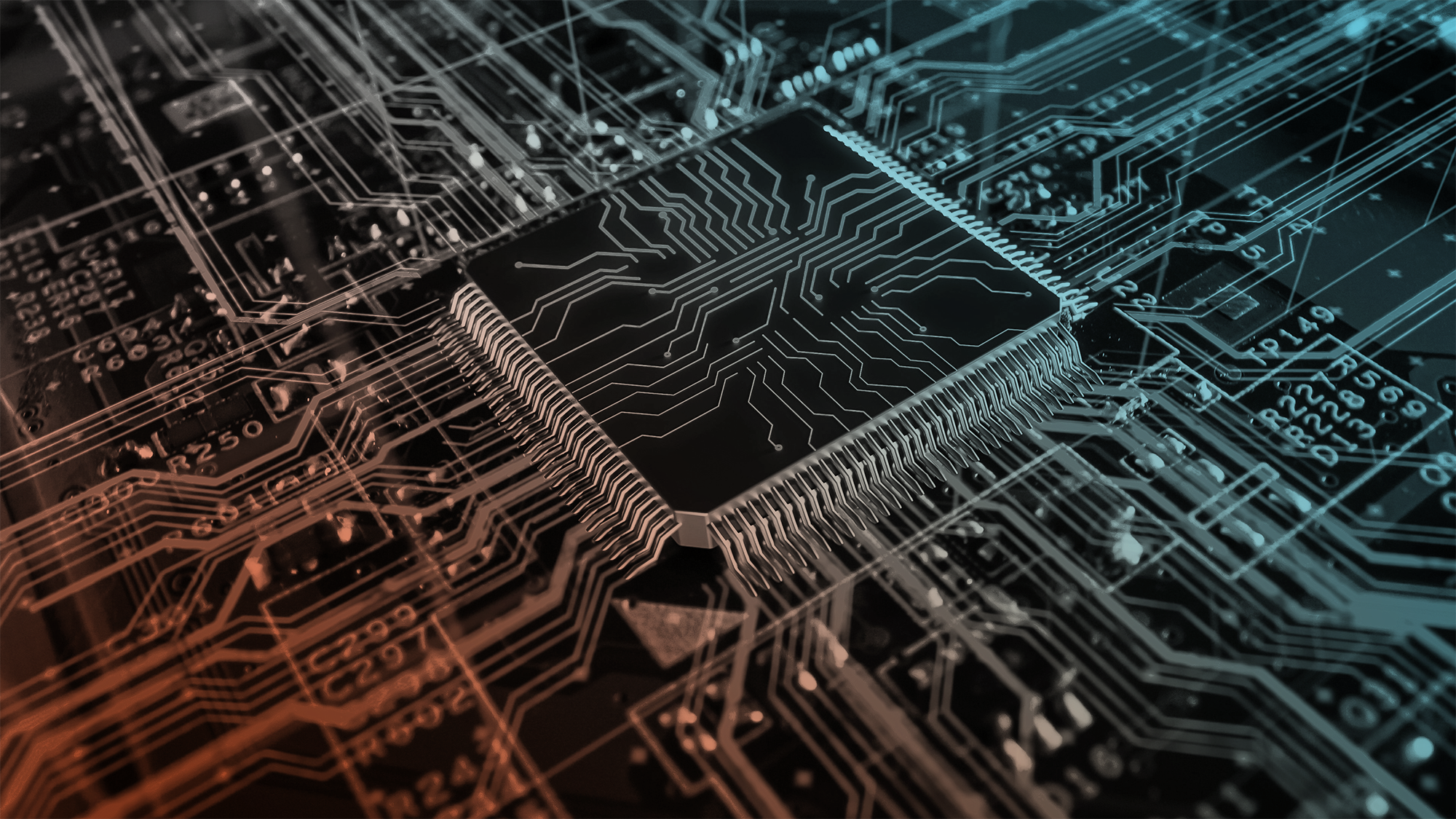AI is everywhere today, in mobile devices, cloud services, software, and even operating systems, such as Windows. Now, PC chip makers are going all in on AI processors to help support and accelerate specialized AI workloads. For example, AMD offers AMD Ryzen™ AI (AMD XDNA™) chips. Intel has countered with its Intel® Core™ Ultra (“Meteor Lake”) chipset, which includes a built-in neural processing unit (NPU) to relieve the central processing unit (CPU) of AI processing tasks. Qualcomm, Apple, and other chip and hardware vendors have their own stakes in the game.
All of these companies are touting AI PCs with the promise of “AI everywhere.” But what does that actually mean? What will these new capabilities enable in our day-to-day lives? For businesses, will AI PCs increase worker productivity or free up highly paid professionals to focus on more demanding tasks? Or are AI PCs just the latest fad designed to motivate us to upgrade our hardware and software?
To answer that question, we need to look at how PCs make use of AI today and what new capabilities will be unleashed by new AI-focused chips in the near future.
